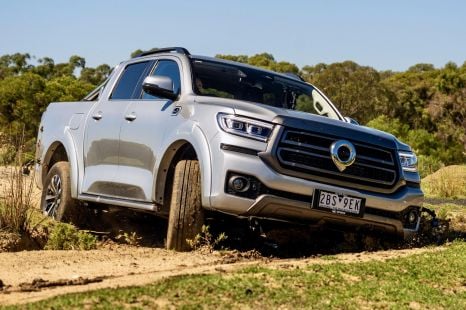

Max Davies
2026 GWM Cannon Ultra review
6 Days Ago

Marketplace Editor
While myriad automakers run head-first into an all-electric future, BMW’s head of development is wary of pulling the trigger too early.
Frank Weber, member of the board of management for BMW Group development, argued going EV-only by the end of the decade doesn’t address “limitations” in economies that don’t sustainably support battery electric vehicle technologies.
He posited: “Ask yourself, ‘What have I done for an economy that is 100 per cent BEV ready?’
“This economy actually consists of four areas: green electricity sufficient for production, for cell manufacturing, for anything you can imagine, and certainly for driving those vehicles.
“It means green raw materials sufficiently available, whether it’s Europe, the US, China, wherever you are and wherever you are producing, it needs to be true green supply chains on those raw materials.
“Charging infrastructure is an obvious one – without this it won’t work. And the last thing is: if you’re not closing the material cycles with recycling, the system of a BEV won’t be sustainable.
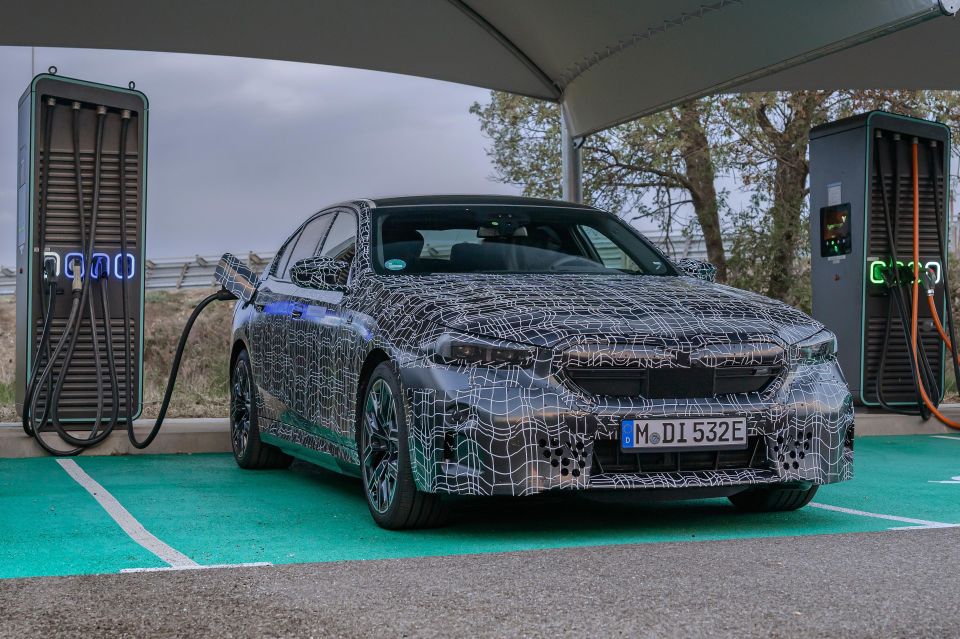
“This is BEV economy. So what is clear to us? These are fundamental structural changes to our industry, and it’s sometimes funny in the discussions we have the impression this can be done overnight – it’s crazy!
“We are here in Portugal, you [can] go to Portugal, Spain, Italy, Romania and other parts of the world and you ask yourself ‘what can be done to update the electrical infrastructure to be capable of charging and other things?
“Then you see this needs to be honest – it’s a process of changing big, big industry structures. This is a limitation.”
While BMW already has a wide range of electric vehicles (EVs) on underpinnings shared with its combustion-powered vehicles, the company is rolling out a new dedicated EV architecture called Neue Klasse.
“Neue Klasse is the biggest financial commitment we have ever made – it’s the biggest investment [in BMW’s history]. Neue Klasse means new structures, new battery manufacturing, new electric machines, new digital, new ECUs. Everything is new, not a single part is carried over from anything we have today into Neue Klasse,” said Mr Weber.
“We are not saying the end date of the combustion engine because it is far away, but at the same time we are clear that we are 100 per cent committed to a BEV future, and we are preparing ourselves for high-volume rollout.
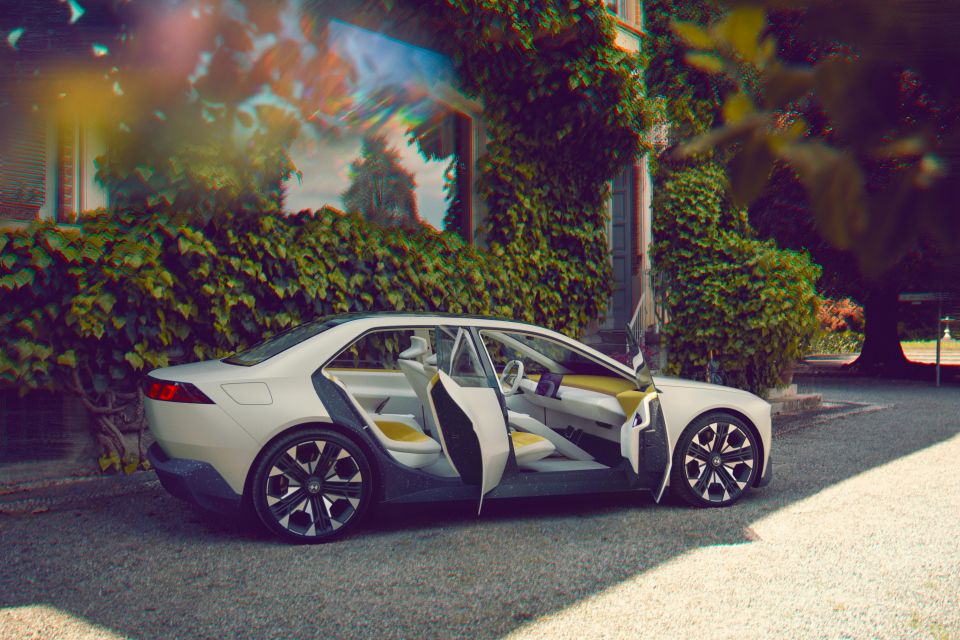
“I hope this is clear: with Neue Klasse, it goes right into the middle of the brand. 3 Series, X3; high volume from the beginning. We are rolling out derivatives on Neue Klasse that we have never done before within 18 months, throughout the portfolio.
“And, the technology that Neue Klasse is providing to BMW goes into the entire [model] portfolio independent of whether it’s BEV or non-BEV.
“Some [people] are looking at our comments and saying ‘you are technology open, you don’t want BEV, right?’ and I say no, it’s just that BEV is not that easy; it’s not just about auto manufacturing. [For example], I don’t know how raw materials are discussed in Australia. It’s a special situation – in Europe we have a very intensive discussion around raw materials.”
Mr Weber then took aim at the United Kingdom’s imposed 2030 ban on internal combustion engines in new vehicles.
“Look at the UK, the UK has a discussion of how do you want to do 2030? Maybe somebody without thinking said too early ‘we [will be] ready in 2030.”
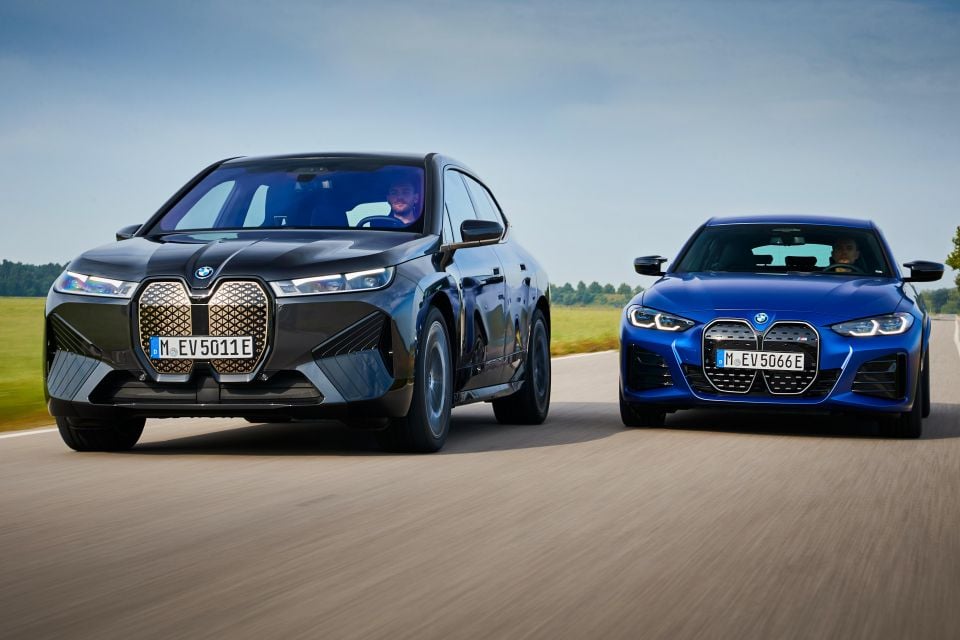
“I’m just saying when I look at some of the infrastructure issues I have to say, it sounds easy and it is ‘well done zero emissions’ and ‘100 per cent BEV’, but you would not believe what this means – somebody should go to a [battery] cell plant…
“Have you seen a cell plant, what this means? 50 gigawatt hours of cell capacity – you almost have to build a power station just next to it!
“The partners we are working with in Hungary [for battery cell production], already they are second after the railway system in energy consumption, with the volumes we are producing today.
“Just be aware, if this is not all green and thought through, you get the wrong industry structures in place. It needs to be understood.
“We are fully committed [to an electric future], but please be aware of those natural limitations that take some time to change,” Mr Weber concluded.
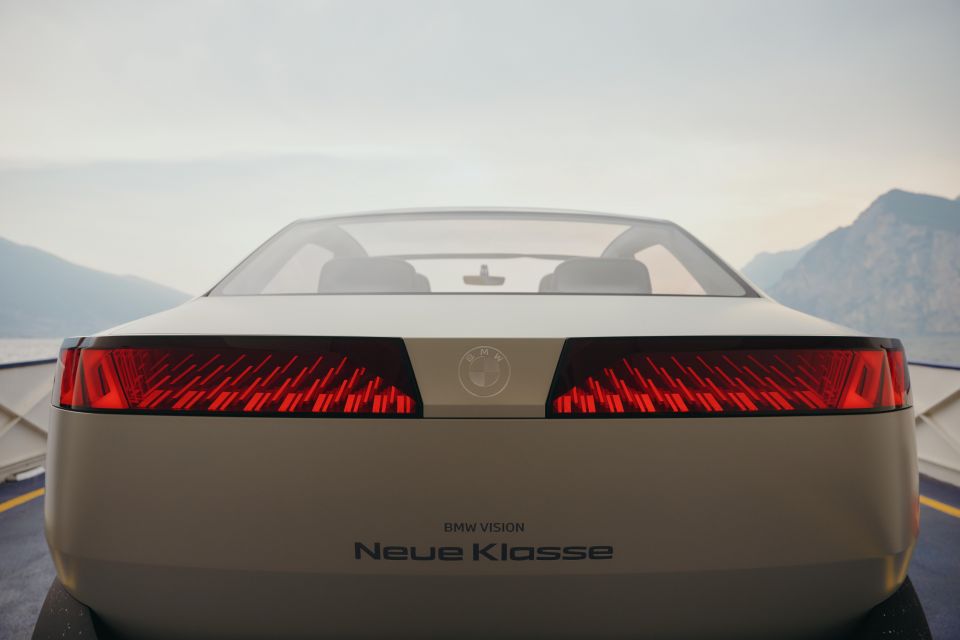
Do you agree? Share your thoughts in the comments below!
MORE: BMW won’t ditch petrol and diesel as electric revolution takes hold
Where expert car reviews meet expert car buying – CarExpert gives you trusted advice, personalised service and real savings on your next new car.
James is an automotive journalist based in Melbourne, Australia. Before joining CarExpert.com.au in 2020, James has worked at leading auto media outlets including Carsales and CarAdvice, as well as at Pulse agency for Ford Australia's communications team. In 2019 James made Mumbrella's 'Top 20 most prolific web authors in Australia' list after publishing 1,360 articles between March 1, 2018 and February 28, 2019 for CarAdvice. James is also an Ambassador for Drive Against Depression – an Australian charity whose mission is to support mental wellness through the freedom of driving and a shared love of cars.


Max Davies
6 Days Ago
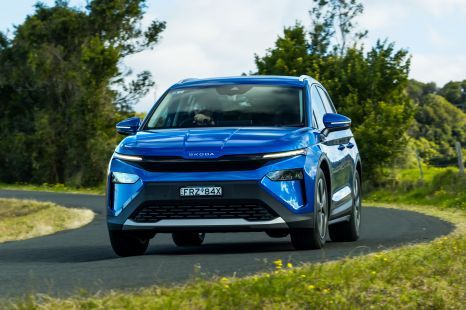

Josh Nevett
5 Days Ago
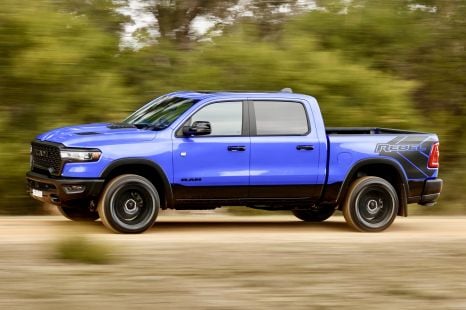

Max Davies
5 Days Ago
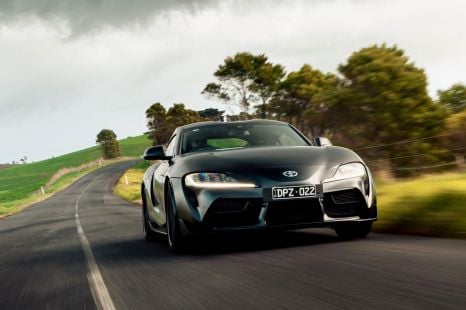

Max Davies
3 Days Ago
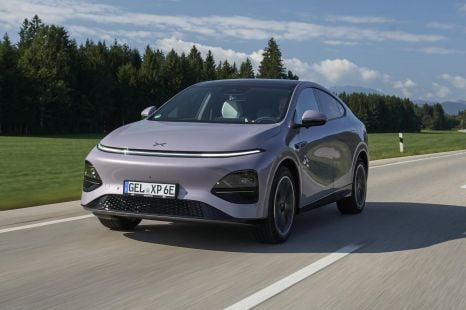
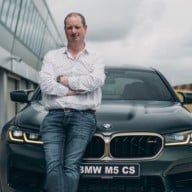
Neil Briscoe
2 Days Ago
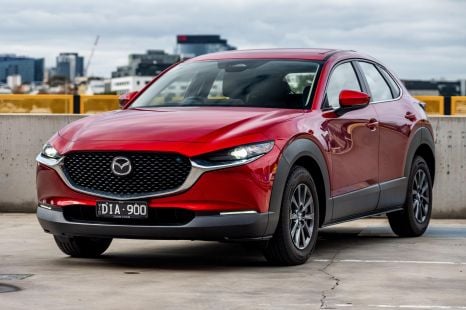

Max Davies
1 Day Ago